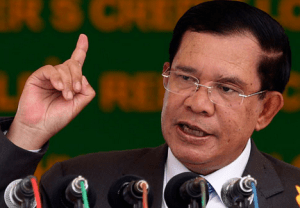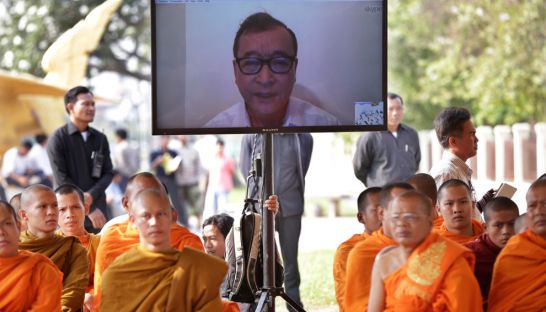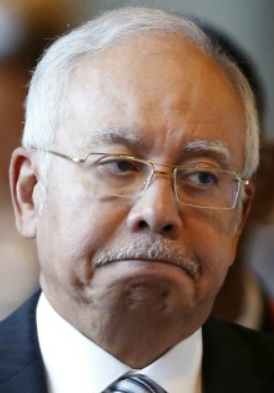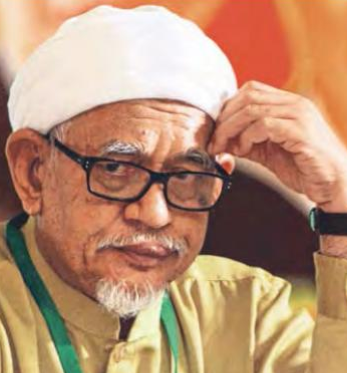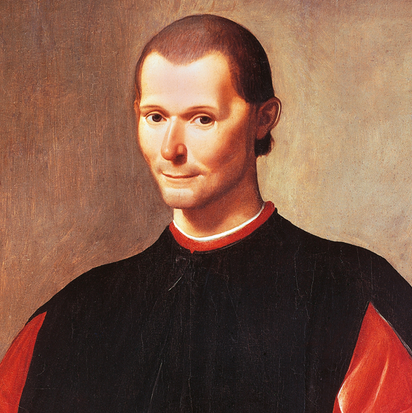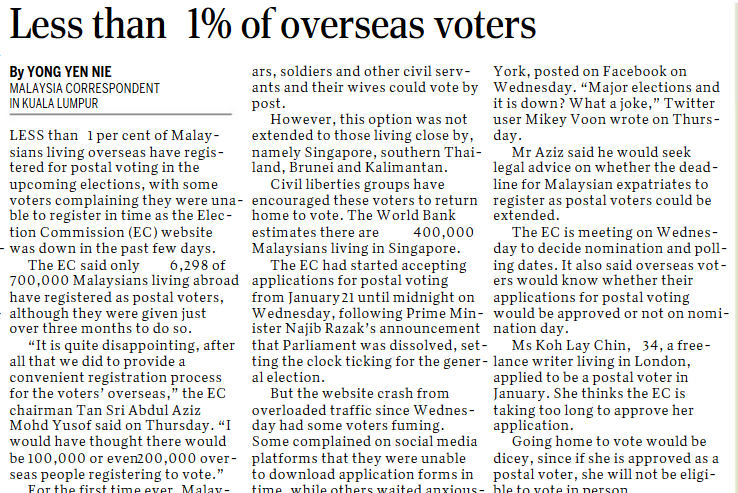Partyforumseasia: Indonesia and Malaysia, the two Muslim majority but multi-ethnic and multi-religious countries in Southeast Asia are playing with fire.

Indonesia: “The rally against Mr Basuki has thrust issues of race and religion to the forefront of the upcoming gubernatorial election, turning it into a test of religious tolerance in Indonesia.” (Jakarta Post, 2 December 2016, LINK)
 After a first rally on 4 November against gubernatorial candidate Basuki aka Ahok for alleged blasphemy had turned violent at the end, the Indonesian government was more cautious on 2 December. The rally had not been permitted but changed into a mass Friday prayer with more than 500.000 (!!!) participants. Massive security presence, timing in the morning, and the participation of President Jokowi may have prevented worse, but “double minority” candidate Ahok, who is Christian and Chinese, has seen his re-election prospects gliding from clear front-runner to nearly hopeless. Demonstrators are asking for Ahok to be imprisoned though judicial procedures are on the way whether his remarks in a campaign speech were blasphemous or not. Similar rallies were held not only in Jakarta but other places as far away as South Sulawesi or North Sumatra. Religious
After a first rally on 4 November against gubernatorial candidate Basuki aka Ahok for alleged blasphemy had turned violent at the end, the Indonesian government was more cautious on 2 December. The rally had not been permitted but changed into a mass Friday prayer with more than 500.000 (!!!) participants. Massive security presence, timing in the morning, and the participation of President Jokowi may have prevented worse, but “double minority” candidate Ahok, who is Christian and Chinese, has seen his re-election prospects gliding from clear front-runner to nearly hopeless. Demonstrators are asking for Ahok to be imprisoned though judicial procedures are on the way whether his remarks in a campaign speech were blasphemous or not. Similar rallies were held not only in Jakarta but other places as far away as South Sulawesi or North Sumatra. Religious  emotions are boiling over and getting more difficult to control, putting a jinn back into the bottle is famously difficult. The authorities, though, have to be commended for skillfully controlling the crowds. Police officers nearly blended with the protesters if they only could hide their boots…
emotions are boiling over and getting more difficult to control, putting a jinn back into the bottle is famously difficult. The authorities, though, have to be commended for skillfully controlling the crowds. Police officers nearly blended with the protesters if they only could hide their boots…
But the turmoil is not only about the Jakarta governor, religion and blasphemy. On a different level there is a fight against President Jokowi and his reformist government. Described by political scientist Leo Suryadinata as “Indonesia’s ideological war” between entrenched interests and reformists (Straits Times, 2 December). As a proof how serious this struggle is, seven opponents to the Jokowi administration have been detained on the same Friday for allegedly trying to exploit the anti-Ahok rally to overthrow the government. The most prominent among the seven is Rachmawati Soekarnoputri, daughter of the country’s first president Soekarno and younger sister of former president and chair of the PDI-P party, Megawati Soekarnoputri, who supports Jokowi. For the president himself it is a delicate issue because the embattled candidate was his deputy when he was governor of Jakarta himself, and Megawati and her PDI-P are his indispensable political allies and partners.
Malaysia: With cold blood, chutzpah and by firing his party-internal critics, Prime Minister Najib has – so far – survived the enormous pressure of the 1MDB corruption scandal and his personal financial involvement in it. Compared to the 2008 and 2013 election results, dreams have come true for the ruling and dominating UMNO party and its president Najib. Najib is unchallenged in his party, and the opposition, after winning the popular vote in 2013 without getting a majority in parliament, is emasculated to unprecedented levels. After opposition leader Anwar Ibrahim is in prison on dubious sodomy charges again, any bonding among the old opposition forces seems more than improbable, and, even worse, UMNO has managed to oblige the Malay Islamist PAS party to move closer to the government by supporting its motion to further empower the Shariah Courts, a parallel judiciary line.
As usual, though, there is also more shadow where the light increases. By its corrupt image and ubiquitous money politics, UMNO has lost much support among the Non-Malays, whose Chinese, Indian, and racially mixed component parties in the broad National Front Coalition (Barisan Nasional) are weakening towards insignificance. It is too obvious for many Malaysians that they have been thriving on generous handouts from the UMNO governments and cozy arrangements for guaranteed mandates. Taking these smaller parties for granted and as guarantors of comfortable government majorities may turn out to be a strategic mistake. As appendices and dogsbodies of UMNO they are more and more losing appeal. But sizable parts of the Malay population are also turning away from UMNO, and not all disenchanted Malay voters feel comfortable with conservative and Islamist PAS.
What remedy has magician Najib in his sleeves? The five day general assembly, ending 3 December, brought together 5.732 delegates from the roughly 3.5 million membership. PM Najib and his deputy in both leadership functions Ahmad Zahid Hamidi are being endorsed by all wings of the party, general, women, young women, and youth. But despite all the positive sides of the party’s current situation the mood sounds defensive. With auxiliary voters from the minority races no longer dependable enough, UMNO is scolding the component parties for not working hard enough. And what is probably even less convincing for them is the support for the PAS hardliners’ Shariah motion. The more UMNO harps on religious issues and the Malay Muslim identity the more its minority supporters will develop doubts. And one of the 191 division chiefs, Jamal Yunos, copies the infamous Thai “red shirts” to fight the “yellow shirt” Bersih (clean) campaign against corruption and election manipulations. But the most worrying messages from this convention are the warnings against the Chinese dominated Democratic Action Party (DAP), which would threaten decades of pro-Malay policies and Malay privileges if they should come to power. That, of course, is anything but imminent. The Election Commission has already heavily gerrymandered the precincts in favor of rural Malay UMNO voters against the urban majority. So, though due only in 2018, the general election will be called soon as PM Najib announced during the convention. The racial and religious overtones of UMNO’s policies are certainly not conducive for the racial and religious harmony the country needs. On top, the progressive “Arabisation today is in fact a worrying trend” (Sociologist Syed Farid Alatas, LINK), even more so in view of the terrorist threat in Southeast Asia and the rampant radicalization of Malaysian and Indonesian believers.
In both countries alike, playing racial and religious cards is extremely dangerous. That UMNO and its president want to stay in power and will defend their dominance by all means is understandable. But doubts about the long-term effects and the stability of the country especially in the era of international jihad are more than justified.
The witch-hunt against Jakarta governor Ahok and the underlying power struggle between vested interests and reformers fanning religious passions is equally playing with fire. Both countries are jeopardizing the multi-racial and multi-religious social equilibrium and open the doors for passions and violence. It is difficult to gauge how far the jinn is out of the bottle but it will be impossible to get it totally back.

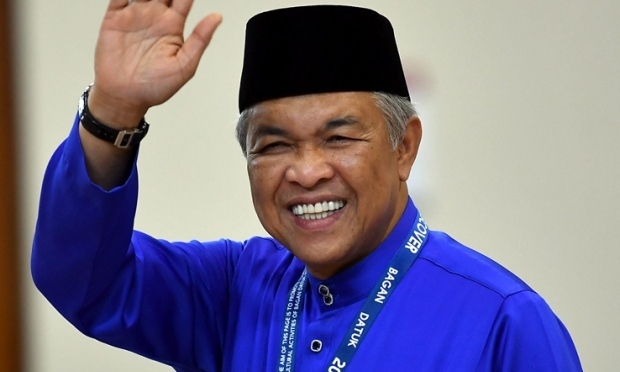


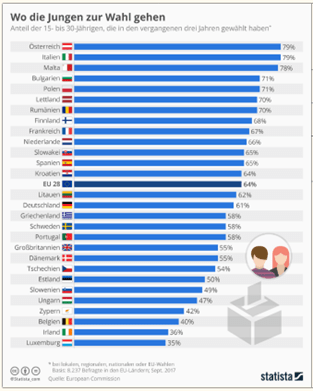

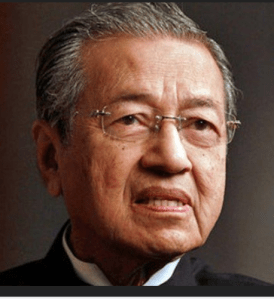




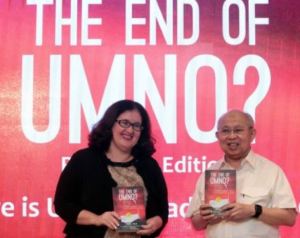




 The party logo, two white crescents on a blue background, supporters say symbolizes Anwar’s infamous black eye and the eye seeking justice.
The party logo, two white crescents on a blue background, supporters say symbolizes Anwar’s infamous black eye and the eye seeking justice.
